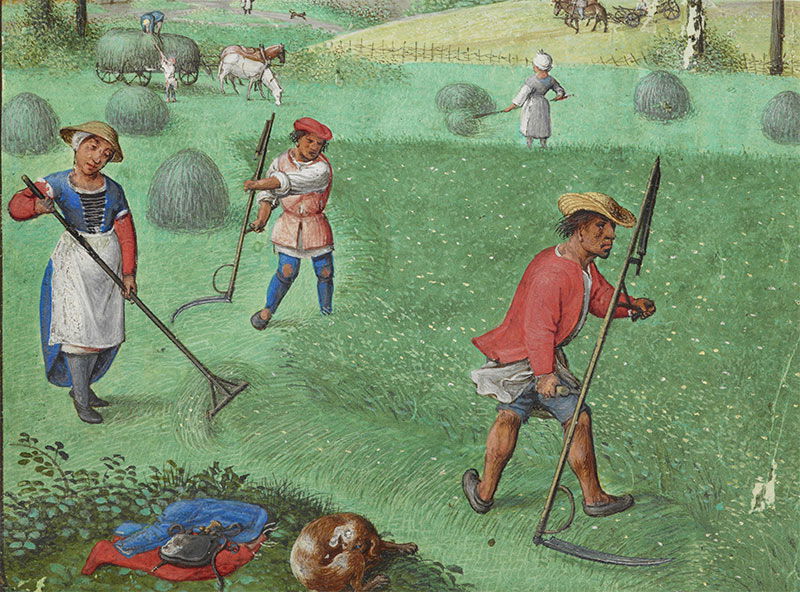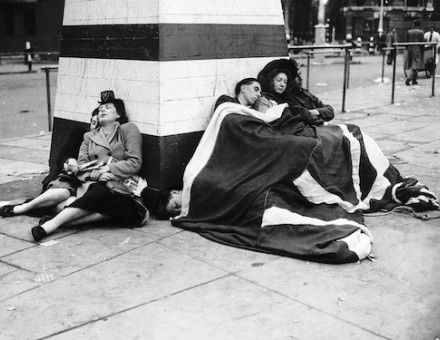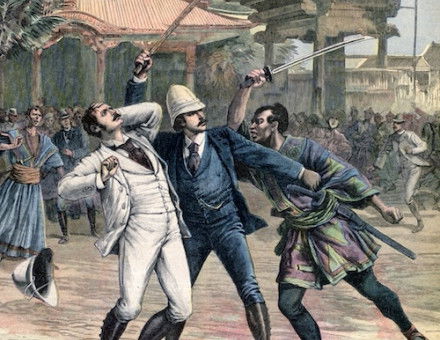No Clockwatching
Time in the early modern world lacked precision, but it did have humanity.

Anniversaries are big business. The centenaries, bicentenaries and quincentenaries of major events are hooks on which publishers and TV producers can hang history books and shows. The dates on which key events occurred are etched into our minds. I can probably just give you some dates and you’ll supply the events: 28 June 1914, 2 September 1945, 15 August 1947, 22 November 1963 and 11 September 2001? We live our days by the clock and our lives by the calendar. How old are you? When were you born? Most of you will know these answers without a second thought.
I have found it striking, therefore, to realise that our ancestors did not think like this. I have spent some time working through cases from 16th- and 17th-century France and have slowly recognised that people living then had a completely different relationship to times, dates and years than we do.







